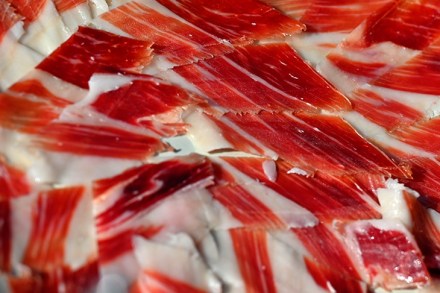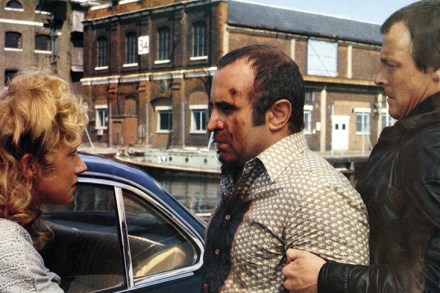The stuff of fiction: Elizabeth Bowen exploits her extra-marital affairs
‘Why, Elizabeth, did you not tell me when we first slept together that you were a virgin?’ This is one of the most peculiar letters in English literary history, written in 1934 by the writer Humphry House to Elizabeth Bowen, now widely recognised as one of the major novelists of the 20th century. Bowen was 34 and had been married for ten years when she first went to bed with House in 1933. It’s not surprising that he shouldn’t have expected her to be a virgin, though his rendition of their encounter is bafflingly obtuse: ‘I thought you had some malformation… had I known… how much less gloom would have





















